RV travel and destinations
RV Camping at a State Park? Here's What You Need to Know
Posted on November 2, 2022
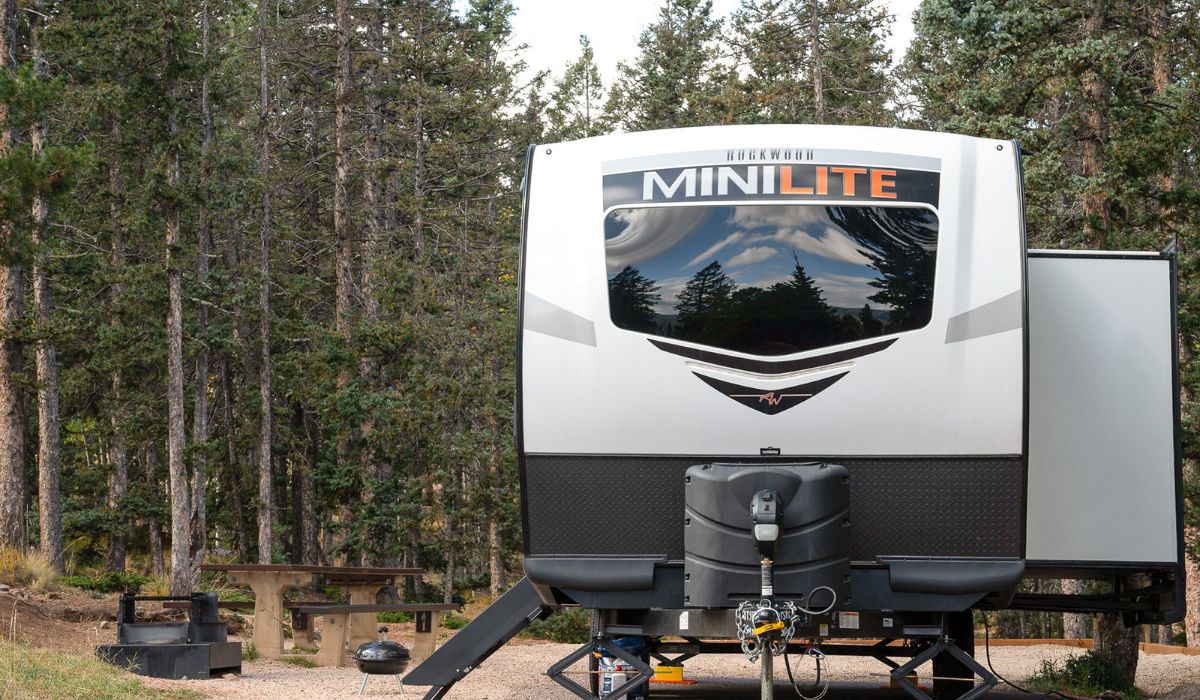
State park campgrounds are one of the best places to go RV camping.
They are often less expensive than privately owned campgrounds and are in some of the most beautiful locations across the U.S.
However, if you’re new to camping in a state park, there are a few important things you need to be aware of.
In this article, you’ll find everything you need to know about state parks, from campground operating hours and size restrictions to pass requirements and where to book your campsites.
What's a state park?
State parks are public lands that preserve and promote recreation within every U.S. state's natural, historical, or culturally significant areas.
State parks differ from national parks, national forests, and many other conservation areas because state parks are owned and operated by the state and not the federal government.
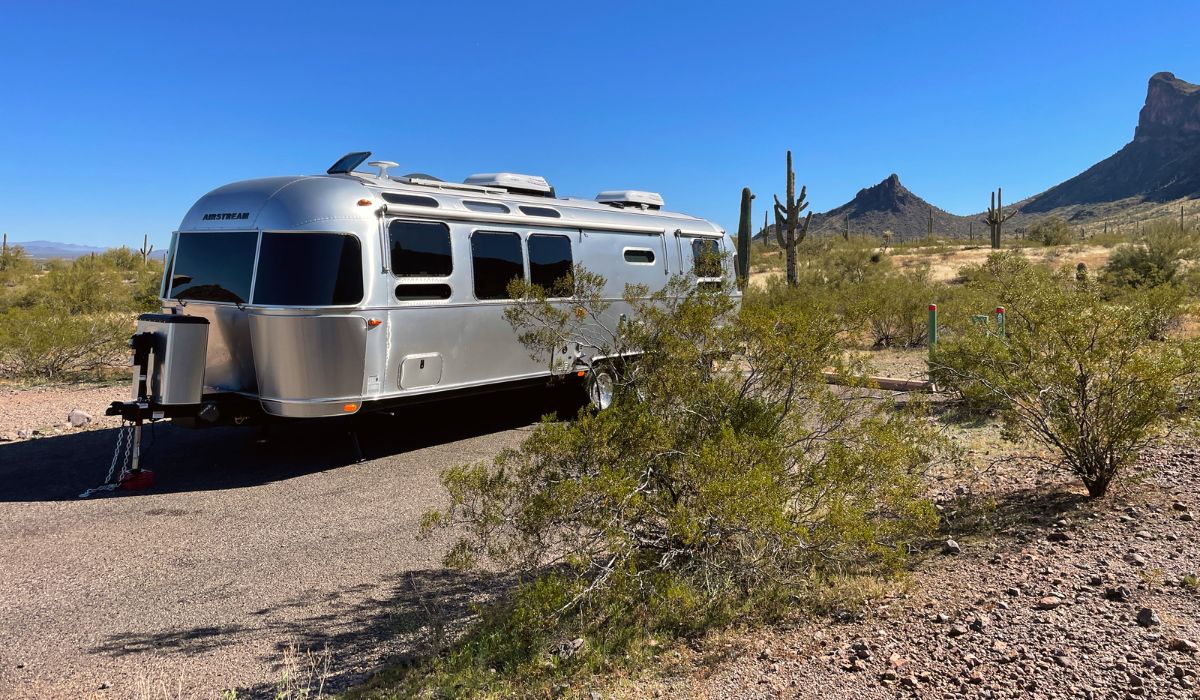
Why you'll like camping at a state park
Not every state park has a campground, but the parks that do are usually some of the best places to camp because state parks maintain the landscape's integrity and keep you close to recreational areas.
State parks have some of the best recreational opportunities for people who like to spend time outside. Some state parks may have wildlife viewing and scenic walking trails, while others may have lakes, fishing piers, boat rentals, archery ranges, hidden geocaches, pools, beaches, picnic areas, golf courses, and much more.
When you stay at a state park campground, you'll have the best of nature and fun activities, all in one location.
What you need to know about camping at a state park
Ready to book a site at a state park? Here are some things you might want to know before reserving a site.
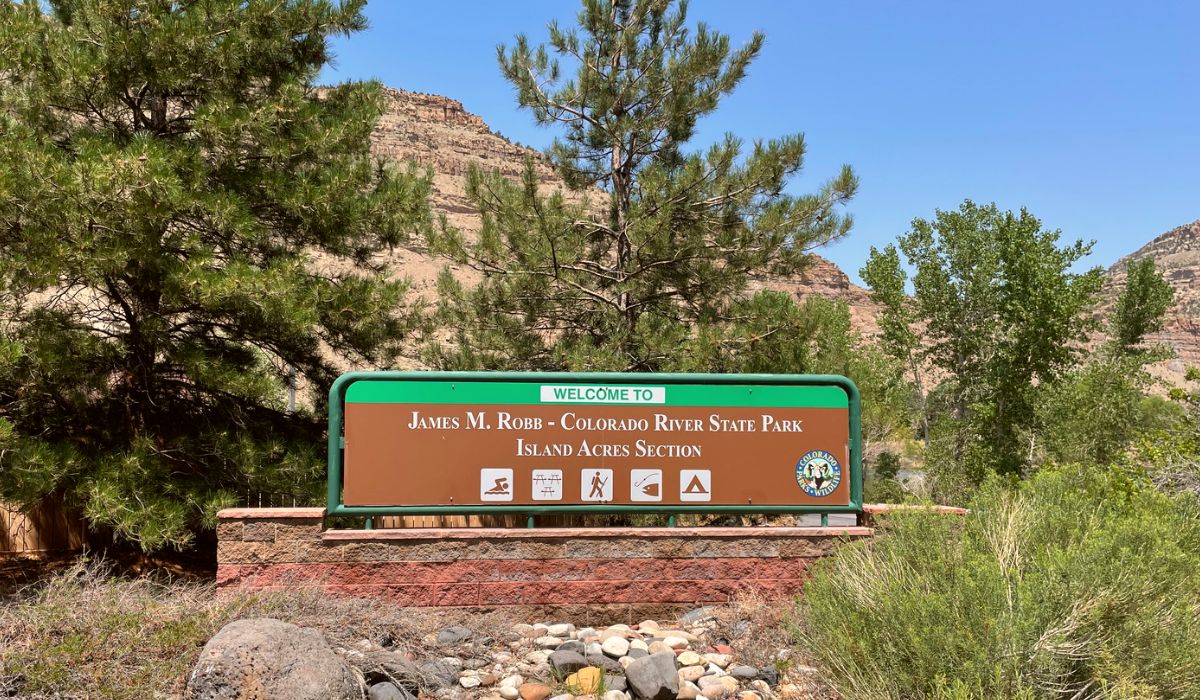
Operating hours
Every state park system operates differently. Some state parks stay open year-round, while others close their gates nightly or seasonally. State parks with campgrounds may remain open for recreation but close, winterize, or restrict camping during certain times of the year.
Before booking your campsite, verify if the park has the following:
- Special permits needed or timed entry requirements.
- Seasonal operations or facility closures.
- Gate closures or arrival and departure restrictions.
Parking passes
Many state park systems require visitors to pay for a parking pass or daily entrance fee. These fees apply to both day-use and overnight guests and may not be included in the cost of overnight camping. Although you can purchase your parking pass in person at most parks, you may want to visit the state park website to learn more about parking passes and entry requirements before your visit.
Pro tip. If you plan on visiting several state parks within the same state or camping for more than a few nights, you may save money by buying an annual parking pass instead of paying for a higher daily rate.
Size restrictions
State parks protect the natural features of an area, and because of that, the interior roads may be narrow, and the terrain might not accommodate every size RV.
It's important to reserve a site with enough room for the length of your RV and any slide outs or awnings you want to open during your stay.
Pro tip. View a campsite's details to find the max size trailer or motorhome permitted.
Campsite types
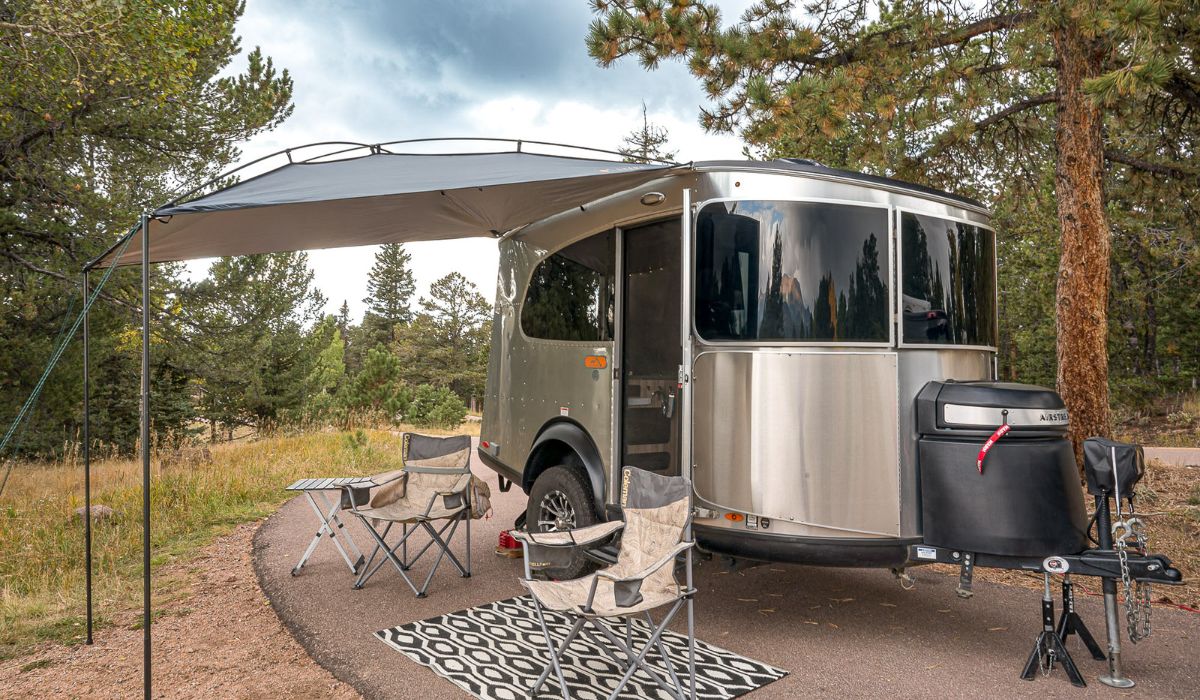
Pull through
Pull-through campsites have an entrance and exit on either side of the parking space making it easy to park and set up your RV.
Back in
A back-in campsite has only one entrance and exit point, which makes it necessary for you to back into your site to park to set up your RV.
Pro tip. Are you an RV newbie or uncomfortable backing into a spot? Have an RV rental delivered and set up for you, or book a pull-through campsite.
Site features and hookups
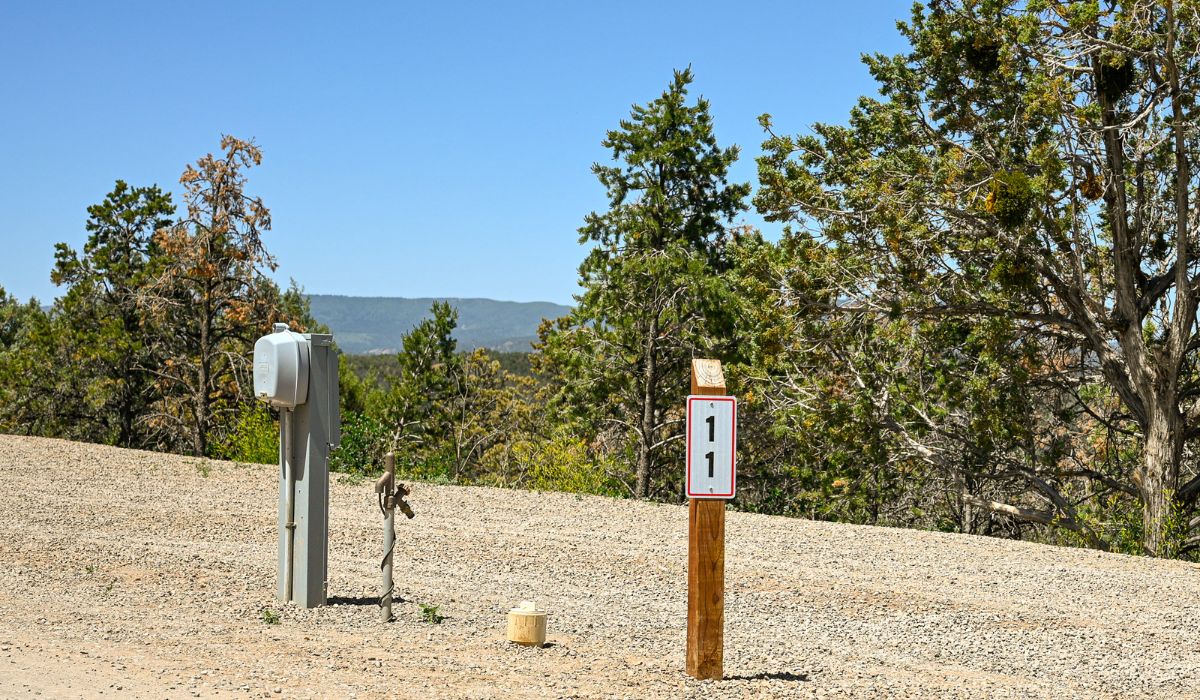
Dry, basic, and primitive
Dry, basic, and primitive campsites don't have amenities like electricity, water, or sewer hookups.
Pro tip. Some state park campgrounds allow you to use a generator during certain hours. If your site doesn't have electricity, and you want to use an onboard or portable generator, ensure you've read the park's generator rules before making your reservation.
Electric
Electric campsites have 15, 30, or 50-amp electrical connections but no water or sewer.
Electric and water (standard)
Electric and water campsites, sometimes called standard sites, have 15, 30, or 50-amp electrical connections and a dedicated water connection but no sewer.
Full hookups
Full hookup sites have electricity, water, and sewer connections at the campsite.
Max occupancy
The maximum number of people permitted in a campsite. On average, state park campgrounds allow six people in each site, but the rules will vary.
Accessible
ADA accessible campsites are often paved, level, and larger than standard-size campsites to accommodate wheelchairs.
Pets
Buildings, beaches, and preservation areas in state parks typically don't permit pets, but the pet policy may allow well behaved dogs or cats in the campground.
Pro tip. Find out everything you need to know about camping with pets in The Pros and Cons of RVing with Pets.
Campground amenities
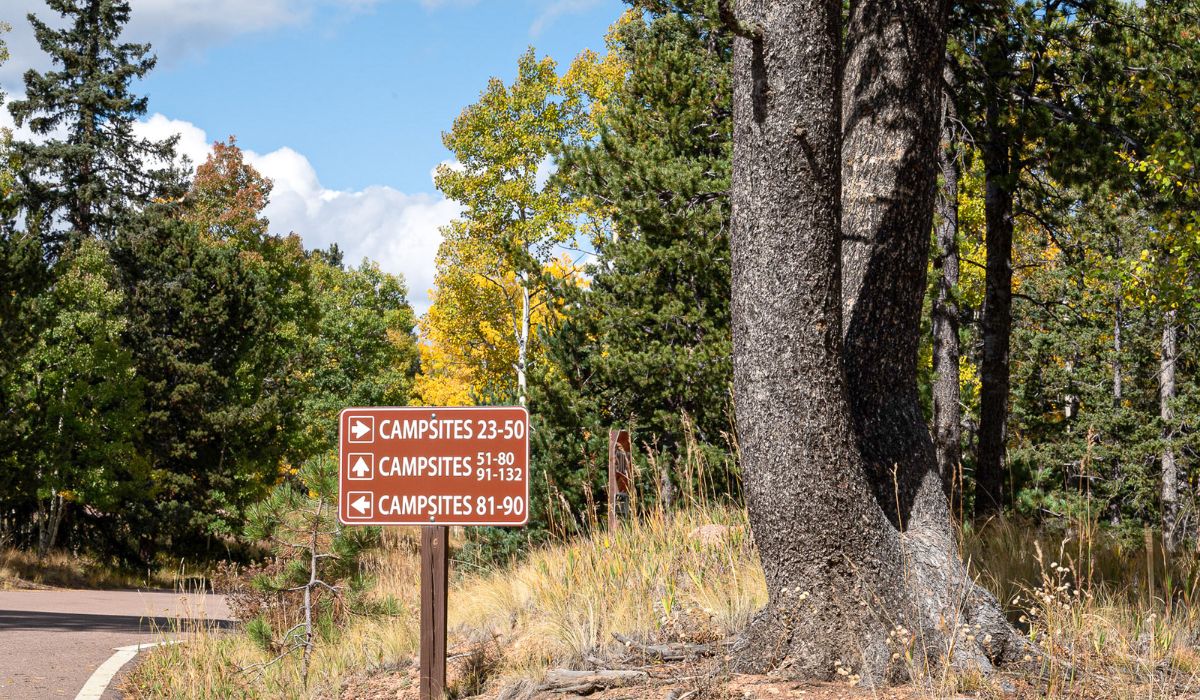
Here are some basic amenities you might find at a state park campground. If your campsite doesn't have the amenities you need, you might want to consider the proximity of the public facilities such as the restrooms, water faucets, and choose a site near what's most important to you.
Restrooms, showers, and comfort stations
Campgrounds sometimes will have flushing toilets, running water, and showers in the campground restrooms. Bring quarters or cash for the change or token machine if you want to shower in the campground comfort station, as many state parks only have coin-operated showers.
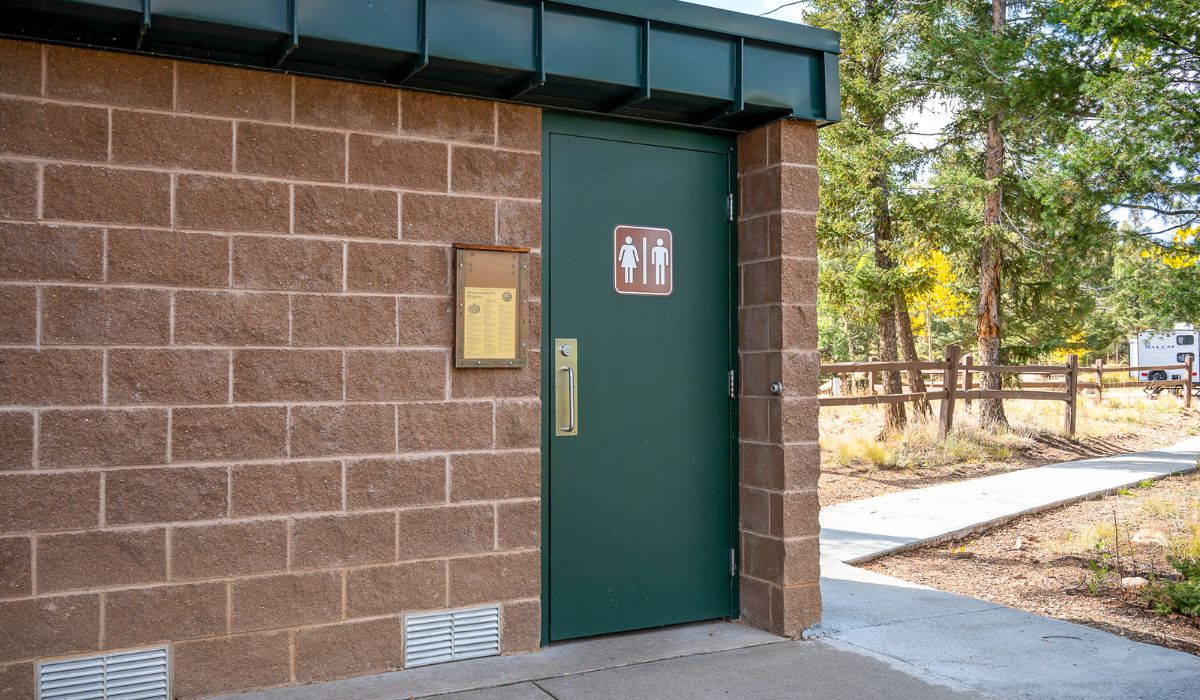
Vault or pit toilets
Vault or pit toilets remain open year-round and allow campgrounds to have services available when there are basic amenities or limited services.
Potable water
Campgrounds may have potable water faucets in the campground for campers to fill water bottles and water jugs. However, these faucets differ from a freshwater filling station, and most campgrounds won't allow RVers to attach a hose or fill their tanks with this water.
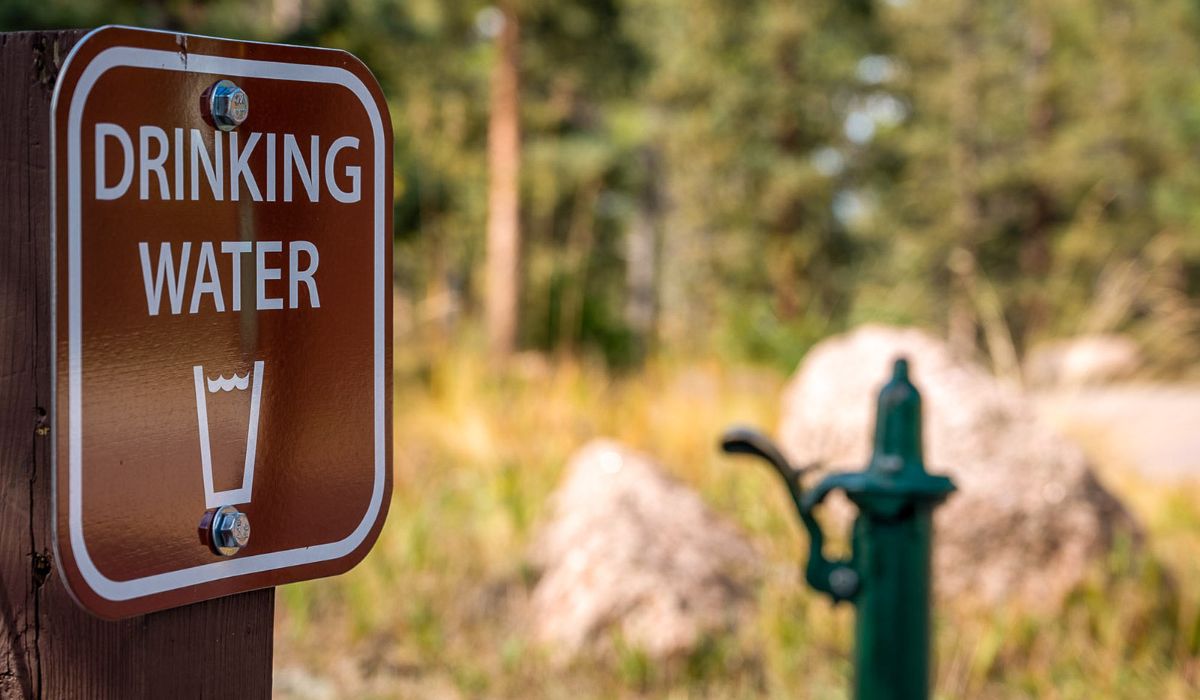
Pro tip. Got questions about your RV’s black water tank, but you don’t know who to ask? Check out 9 Things You Need to Know About Your RV’s Black Water Tank.
Dump station
Many state park campgrounds have an on-site dump station available for registered campers. Some campground dump stations are just a drain in the ground, while others have potable and non-potable water faucets for cleaning your sewer hoses and filling your freshwater holding tanks.
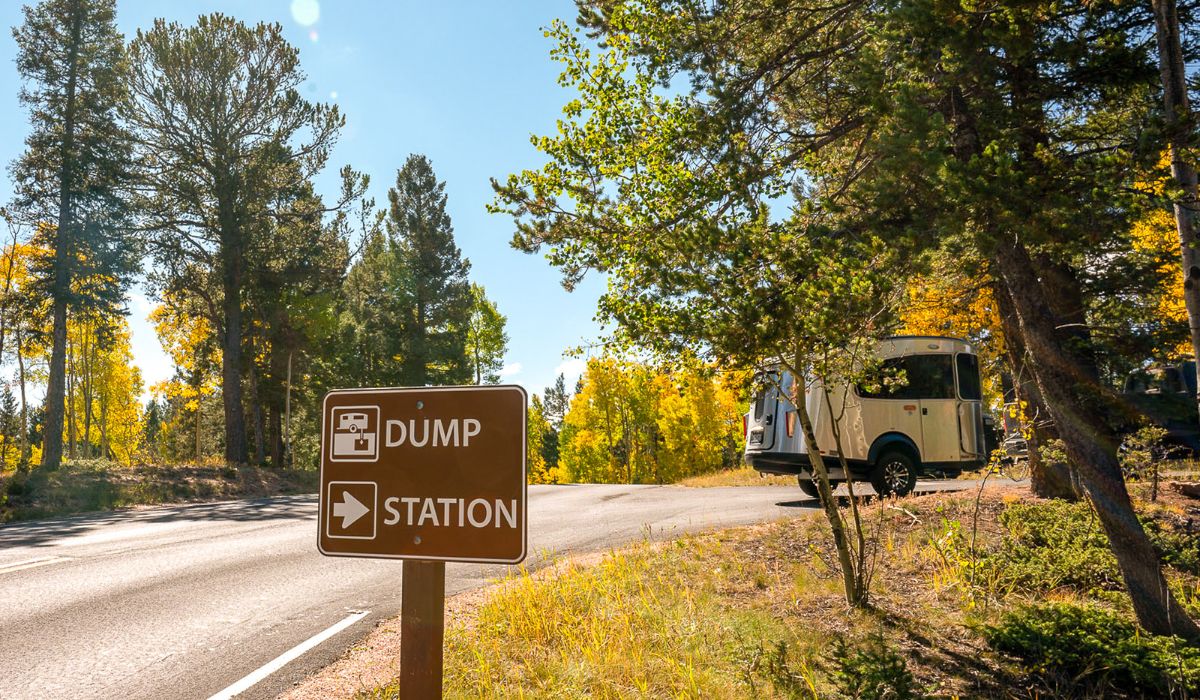
Trash
Campgrounds may have dumpsters, recycle bins, or trash cans for campers to dispose of their trash, but if they don't, you'll have to recreate responsibly and pack your trash out yourself.
Firewood
Contact the park directly to find out if there is a firewood policy or fire ban, or visit the interactive map at Don't Move Firewood to learn the state's recommendations for using firewood responsibly.
RV camping reservations
Want to know the best time to visit a state park, when to book your site or more about check-in and check-out times in the campground? Visit the state park website below for detailed information about each campground.
Ready to reserve a site? RV camping is a popular pastime, and because of that, most state park systems have moved away from first-come, first-served (sometimes called walk-up) camping to reservation-only camping. Making a reservation is easier than ever, too, since most states have an online reservation system or use Reserve America to manage their reservations.
Reservation windows vary by state, but many states make their campsites available six months to a year in advance.
State parks websites and online reservations
Have an RV delivered
Did you know that having an RV delivered to a state park campsite makes it easy for you to jump-start your camping trip? Search for deliverable RVs and have an RVezy host deliver and set up a trailer or motorhome at a state park campground near you.
Related reads
The 4 Best Ways to Find Last-Minute RV Camping
How to Find Free RV Camping in the U.S. and Canada
10 Essential Websites for RVers
